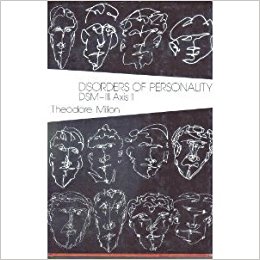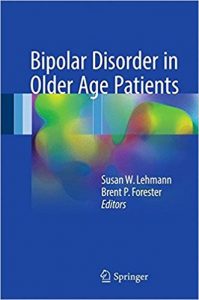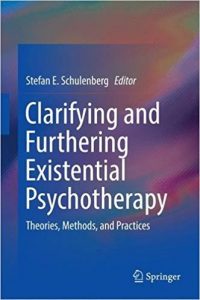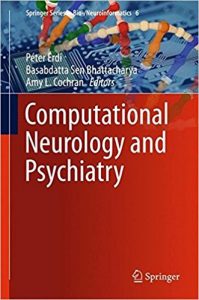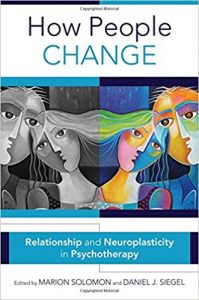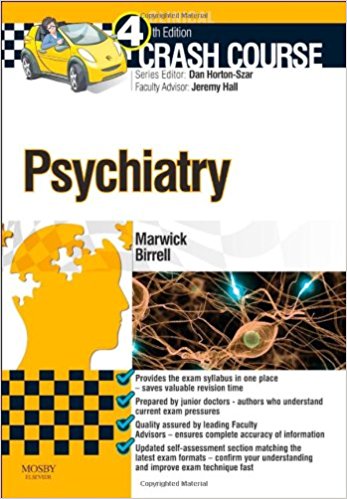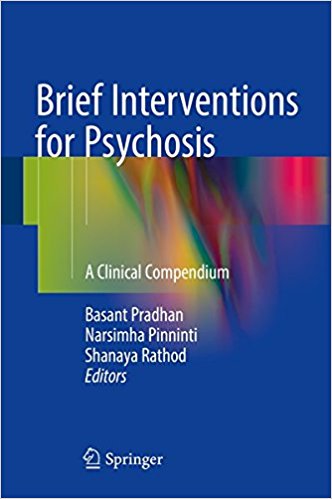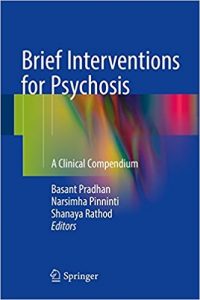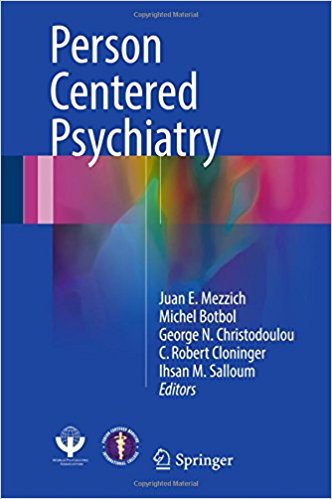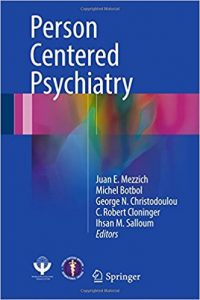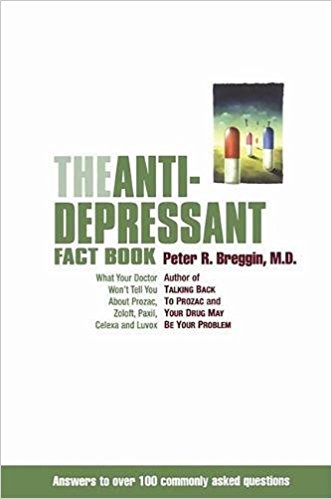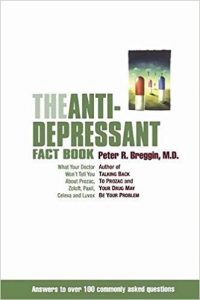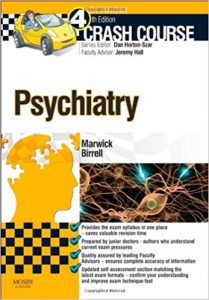
[amazon template=iframe image2&asin=0723436363]
Crash Course – your effective every day study companion PLUS the perfect antidote for exam stress! Save time and be assured you have all the information you need in one place to excel on your course and achieve exam success.
A winning formula now for over 15 years, each series volume has been fine tuned and fully updated, with an improved layout tailored to make your life easier. Especially written by junior doctors – those who understand what is essential for exam success – with all information thoroughly checked and quality assured by expert Faculty Advisors, the result is a series of books which exactly meets your needs and you know you can trust.
Psychiatry can present a unique and sometimes daunting set of challenges to those approaching the specialty for the first time. This substantially revised fourth edition provides an accessible yet comprehensive introduction to this fascinating field. Ideal both as a revision aid and for preparation for work in A&E, the wards, clinics or GP surgeries, this book is full of practical hints and tips which will inspire confidence and to guide you towards systematic assessments, rational diagnoses and evidence based management plans.
-
- More than 220 line artworks, tables and boxes present clinical, diagnostic and practical information in an easy-to-follow manner
- Friendly and accessible approach to the subject makes learning especially easy
- Written by junior doctors for students – authors who understand exam pressures
- Contains ‘Hints and Tips’ boxes, and other useful aide-mémoires
- Succinct coverage of the subject enables ‘sharp focus’ and efficient use of time during exam preparation
- Contains a fully updated self-assessment section – ideal for honing exam skills and self-testing
- Provides the exam syllabus in one place – saves valuable revision time
- Written by recent graduates and specialty trainees – those closest to what is essential for exam success
- Quality assured by leading Faculty Advisors – ensures complete accuracy of information
- Features the ever popular ‘Hints and Tips’ boxes and other useful aide-mémoires – distilled wisdom from those in the know
- Fully updated self-assessment section matching the latest exam formats – confirm your understanding and improve exam technique fast
- Includes useful ‘Learning Objectives’ at the start of each chapter
- Pharmacological and disease management information updated in line with current best practice guidelines.
Welcome to Crash Course – the revision aid to get you the results you need! Crash Course is a complete revision guide designed specifically to save you time by providing everything you could be asked in the exam in one place! Each book in the series has been specially written either by senior medical students or junior doctors – carefully supervised by faculty advisors – to ensure that it exactly matches your needs by having been prepared by someone who has just been in the exam situation!
Fully updated with improved layout, the first part of this volume addresses the clinical presentations in psychiatry while the second part examines common psychiatric disorders, all in a memorable, easy-to-understand format. The third part covers clinical assessment and psychiatric management providing all of the facts you need to get things right. Additional new features include ‘Learning Objectives’ at the start of each chapter, improved ‘Hints and Tips’ boxes, ‘Communication’ boxes and a completely revised self-assessment section tailored to current exam needs.
Crash Course – an easier way to get through the exam!
DOWNLOAD THIS BOOK FREE HERE
